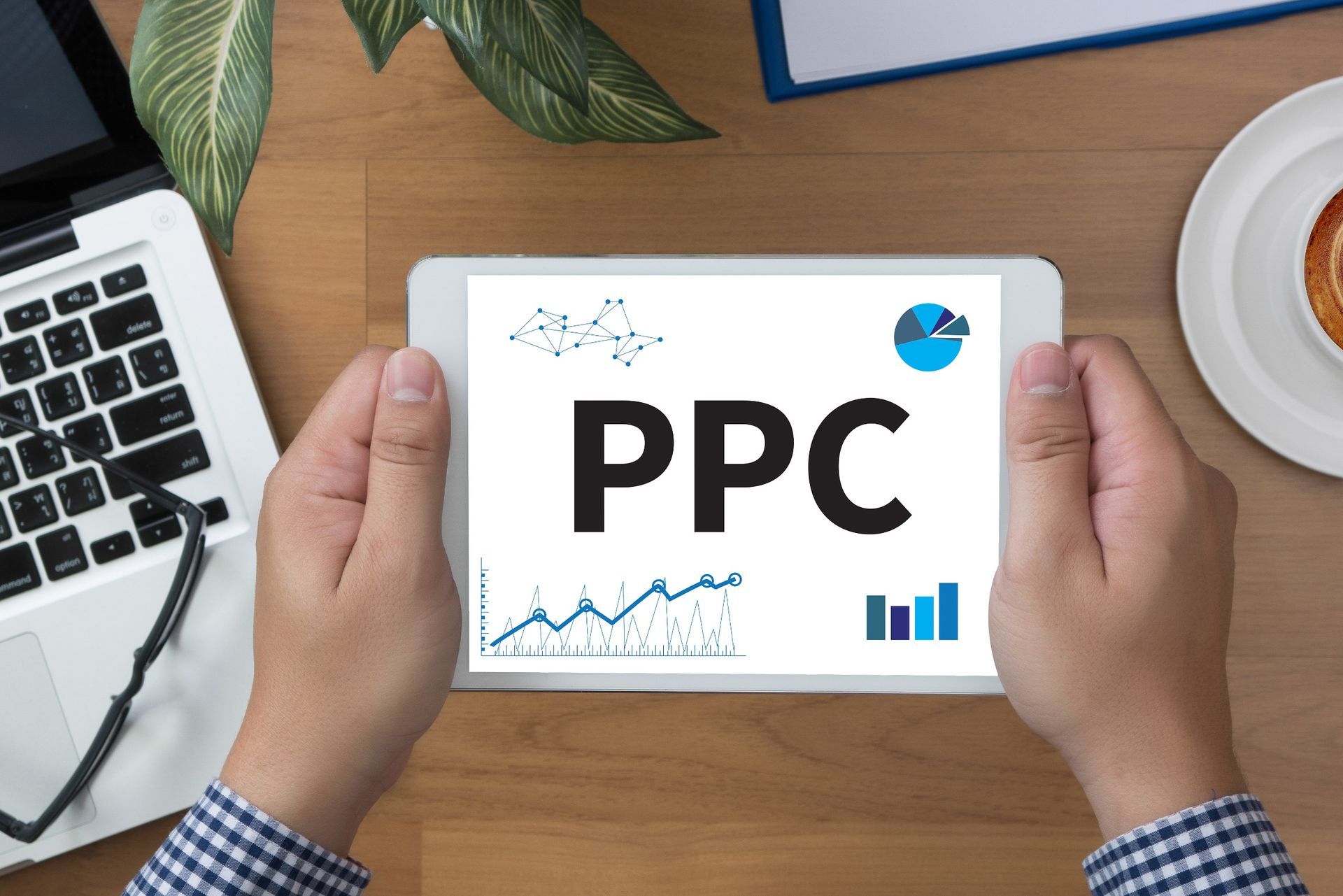How Long Does it Take to Build a Website?
For small business owners, the decision to build a website marks a significant investment. But just as important as the decision to have a digital presence is understanding what it entails.
From the initial concept to the day your site goes live, the process can feel shrouded in mystery. How long will it take? What does the pathway to your digital storefront look like?
This comprehensive guide is tailored to demystify the timeline of website development, ensuring you as a business owner are informed, empowered, and ready to engage with the process.
By setting clear expectations, we aim to equip you for what lies ahead, making the website development process a less daunting and more rewarding experience.
Understanding the Variables
The duration of building a website is as unique as the business it represents, and understanding the factors that influence these timelines is key. Here are the key variables:
- Project Scope: The size and complexity of your website play a crucial role. A simple website for a small business can be up and running in weeks, while a more elaborate e-commerce platform might take several months to complete.
- Content Readiness: Having your web content ready can significantly speed up the process. This includes text, images, and videos that you want to feature on your site.
- Web Design Choices: Custom designs take longer to implement than templates. Deciding on your website’s look and feel in advance can help streamline this phase.
- Functionality and Integrations: Adding special features like e-commerce capabilities, booking systems, or third-party integrations can extend the timeline.
- Revisions: The number of revisions requested throughout the design and development process can also impact how long it takes.
- Developer Availability: The schedule and workload of your web design team can affect the project timeline. The more in-demand the team, the longer it might take to complete your website.
Navigating the Stages of Web Development
Whether you’re orchestrating the development in-house or partnering with a web agency, the website development process generally follows a set of stages. Familiarize yourself with these stages to gain a clearer understanding of the project's trajectory.
- Discovery and Planning: The initial stage involves gathering requirements, defining goals, and planning the site architecture. This phase sets the foundation for a successful website.
- Design: Here, the visual layout of the website is created. Mock-ups and wireframes are developed to establish the look and feel of the site.
- Development: This phase involves the coding and building of the website. Developers transform designs into a functioning site using web languages such as HTML, CSS, and JavaScript.
- Content Integration: Content is added to the site. This includes text, images, and multimedia elements that have been prepared in advance.
- Testing: Before going live, the site undergoes rigorous testing. This includes checking for bugs, compatibility issues, and ensuring all functionalities work as intended.
- Launch: The website is made live and accessible to the public. This marks the culmination of the development process.
- Post-Launch Support: After launch, ongoing support and maintenance are essential for updating content, making improvements, and ensuring the site remains secure.
Realistic Timeframes and Milestones
For small business websites, a realistic timeframe from start to finish can range from 8 to 16 weeks. This is a broad estimate and doesn't account for any of the unique complexities your project might entail. The following milestones mark significant checkpoints in your web development timeline:
- Kickoff to Initial Design Review (2-3 weeks)
- Design Approval to Development (2-4 weeks)
- Development to Content Implementation (3-5 weeks)
- Content Implementation to Launch Preparation (2-3 weeks)
- Launch Preparation to Post-Launch (1-2 weeks)
Tips for Expediting the Process
Despite the time investment, there are strategies to move through the web development process more efficiently without sacrificing quality:
- Prepare Your Content: Gather all necessary text, images, and videos in advance. The less time your team spends waiting for materials, the quicker the development phase can proceed.
- Have a Clear Vision: Know what you want your website to achieve and the audience it is targeting. A clear direction reduces time spent on revisions and reiterations.
- Choose Templates Over Custom Design: If speed is of the essence, consider using pre-designed templates. They are quicker to implement than custom designs, which require more development time.
- Limit Revision Cycles: Set a cap on the number of revisions. Each round of changes adds time to the project. Be decisive and keep revisions to a minimum.
- Communicate Efficiently: Establish a fast, clear line of communication with your development team. Quick responses to queries and decisions will prevent bottlenecks.
- Opt for Minimal Viable Product (MVP): Launch your website with essential features first. Additional functionalities can be added over time.
- Engage a Professional Team: Hiring an experienced web development team can streamline the entire process. Their expertise in managing projects efficiently can significantly cut down development time.
Conclusion
Launching a website is a milestone for your business that requires a partnership between you and your web development team. Your understanding of the timeline and your active involvement in the process are pivotal to its success.
Ultimately, the investment of time and resources you commit to your website will echo the investment you have in your business growth.
About Us
At Boost Higher, we help your business achieve never-before-seen heights with our expert strategies and tactics, uniquely designed to fit your brand and goals. Our team of experts specializes in creating hype about your business at both a local and global scale, leading to increased conversions, happy customers, and higher revenue. Schedule your free, no-obligation consultation today, or fill out our contact form to get in touch with us.











